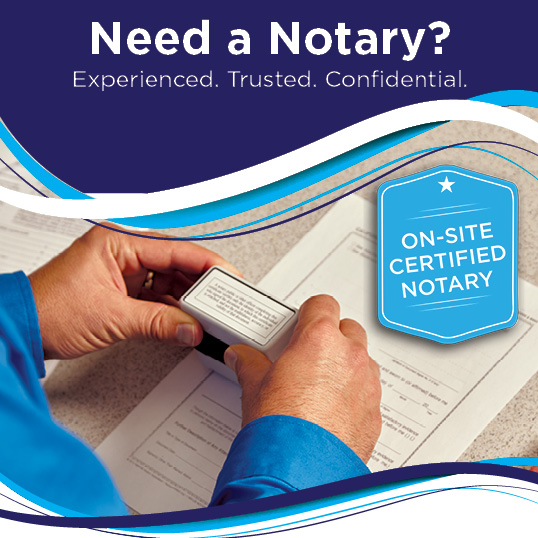DIRCO Regulations Demystified: A Guide to Diplomatic Protocol
DIRCO Regulations Demystified: A Guide to Diplomatic Protocol
Blog Article
Demystifying Notarial Job: Streamlining the Function and Relevance of Notaries
Their role, typically shrouded in mystery for several, lugs considerable weight in ensuring the credibility and integrity of essential papers. By unwinding the complexities dropping and surrounding notarial techniques light on the significance of their acts, a clearer understanding emerges of the crucial function notaries play in maintaining the material of legal and legal arrangements.
The Background of Notarial Work
The background of notarial work dates back to old worlds, where scribes played a crucial role in taping crucial information and validating files. This led to the growth of notaries, people designated by the state to act as unbiased witnesses in lawful issues.
During the Center Ages, notaries gained prominence in Europe, with their functions broadening to include preparing legal files, accrediting trademarks, and maintaining records. The rise of global profession further highlighted the relevance of notarial work in confirming contracts and contracts across boundaries.
In the contemporary period, notaries remain to play a crucial function in lawful and service deals by confirming identities, validating the credibility of records, and avoiding scams. Their role in licensing the legitimacy of arrangements includes a layer of safety and security and trust to the ever-evolving landscape of commerce and regulation.

Responsibilities and Duties of Notaries
The historical advancement of notarial work from old civilizations to the contemporary period has shaped the distinctive responsibilities and obligations that notaries support in lawful and service purchases today. Notaries play an important duty in verifying the credibility of records and the identification of notaries. One of their key responsibilities is to witness the finalizing of important files, such as wills, deeds, and contracts, to make certain that all parties are participating in arrangements knowingly and voluntarily. Notaries also confirm that signatures are of sound mind and not under duress or threat.
Additionally, notaries are charged with administering oaths and affirmations, which are crucial in lawful process and the execution of sworn statements. They certify copies of original documents, giving assurance to establishments that the duplicates are real reproductions of the originals. Notaries need to preserve exact documents of all purchases they supervise to make sure transparency and accountability. On the whole, the tasks and duties of notaries are essential in securing the honesty and validity of numerous papers and transactions.
Notarial Certificates and Signatures
Exemplifying precise interest to detail, notarial certificates and trademarks act as vital components in validating the credibility of lawful documents. Notarial certifications generally consist of crucial information such as the Learn More day of notarization, the names of the signatures, a summary of the record, and the notary's official seal. These certificates give a clear record of the notarial act, making certain that the file can be easily determined and traced back to the notary who managed the process.
Trademarks play an essential role in notarial job, as they signify the agreement and permission of the celebrations involved. Notaries meticulously witness the signing of documents to verify the identity of the signatories and validate that they are authorizing of their own free will. By attaching their official seal and signature to the document, notaries certify that the site web required procedures have been followed and that the paper is enforceable and valid.
Fundamentally, notarial certificates and trademarks are the hallmark find more information of authenticity in legal transactions, offering assurance to all parties entailed that the records are genuine and binding.
Value of Notarial Acts
Notarization Refine Discussed
Describing the notarization process offers clearness on the crucial steps associated with validating legal records. The notarization process normally begins with the specific providing the paper to a notary public. The notary then confirms the endorser's identification with appropriate identification approaches. Once the identity is validated, the notary makes sure that the private signing the file does so willingly and with no browbeating.

Verdict

Notarial certifications typically contain vital details such as the day of registration, the names of the signatures, a description of the paper, and the notary's main seal. These certificates offer a clear document of the notarial act, guaranteeing that the record can be quickly identified and traced back to the notary that managed the process.
By attaching their main seal and trademark to the document, notaries license that the essential procedures have actually been complied with and that the document is legitimate and enforceable.
By verifying the identity of the notaries, verifying their willingness to enter into the arrangement, and certifying the date and area of the finalizing, notaries play a critical duty in maintaining the credibility of lawful papers.After the paper is signed, the notary will affix their official seal or stamp onto the record.
Report this page